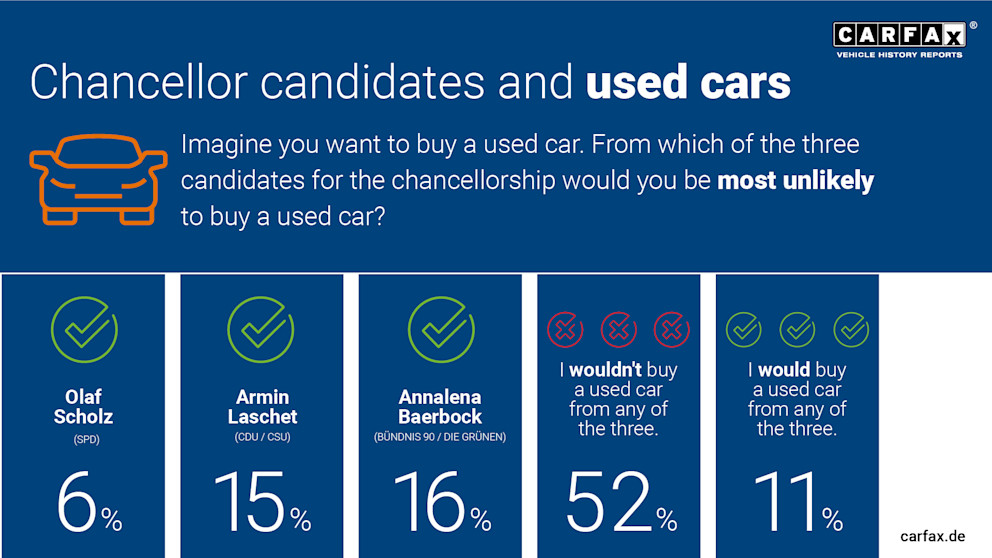On November 20, the inquiry Personal Data and Media Constitutional Laws submitted its report (SOU 2024:75) to the Swedish Government. The inquiry proposes, among other things, restrictions on constitutional protections for commercial search services and how such services are allowed to make personal data accessible. The aim is to strengthen the protection of personal integrity in Sweden.
CARFAX welcomes the inquiry’s proposals. They represent an important step toward strengthening the protection of personal integrity in Sweden. The strong constitutional protection granted by voluntary publishing certificates (“frivilliga utgivningsbevis”), which these search services are protected by, allows operators to act independently of European data protection legislation, GDPR. These freedom of expression rules were originally designed to protect journalism and public debate, not to provide commercial market players with unregulated opportunities to spread sensitive personal data.
“It is a significant issue that commercial search services in Sweden have been allowed for so many years to freely manage and publish sensitive personal information without being regulated. The personal integrity of Swedish citizens must be strengthened, and stricter regulation of the system of voluntary publishing certificates is a vital part of achieving this,” says Frank Brueggink, Founder and Managing Director at CARFAX Europe.
Search services that combine personal data with, for example, vehicle information create serious risks for individuals. By publishing home addresses, phone numbers, and vehicle ownership details, these services increase the likelihood of burglaries, thefts, and other crimes. Just in the past year, several cases have been reported by the media where criminals used such services as planning tools. These search services also undermine trust in legitimate players who handle vehicle information responsibly.
“We at CARFAX do not build the bridge between technical vehicle data and personal information. From our international experience, we know that it is entirely possible to balance access to vehicle data with strong privacy protection. The inquiry’s proposals are therefore both welcome and necessary to create a safer society,” says Frank Brueggink.
CARFAX hopes the inquiry’s proposals will lead to swift and effective legislative changes that enhance the protection of sensitive personal data while ensuring access to vehicle data for legitimate actors.










